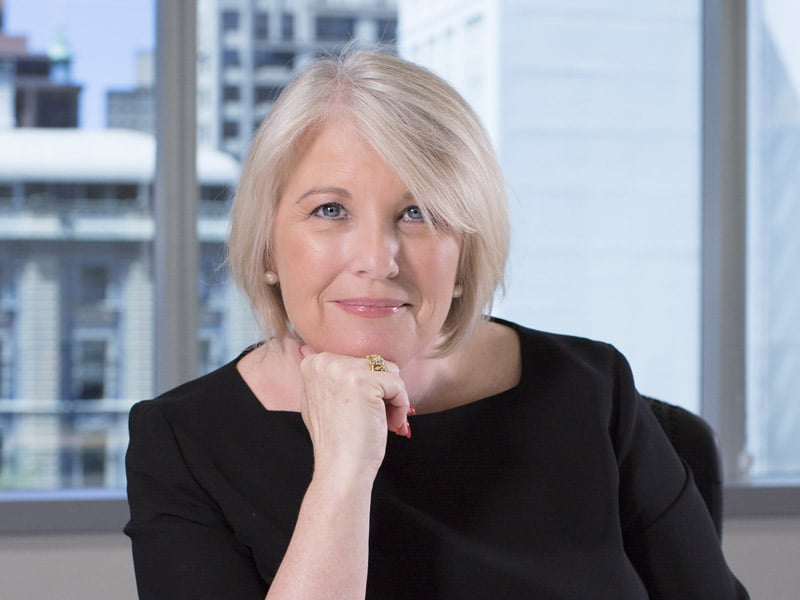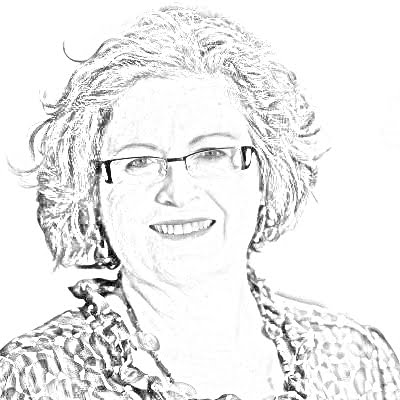Just two Australian tech companies have secured a Government gong for their workplace gender equality initiatives.
The Employer of Choice for Gender Equality list names 106 organisations which have made the grade according to the Workplace Gender Equality Agency (WGEA). Telstra and carsales.com Ltd are the Australian ICT sector’s only representatives on that list.
They join the local subsidiaries of international tech players SAP, ThoughtWorks and VMware which also made the grade.

In comparison, all of Australia’s four big banks made the cut, as did 20 law firms.
According to Libby Lyons, WGEA director, “as a dynamic and emerging industry, IT has everything to gain from a focus on gender equality.”
“We know that across the economy, women are underrepresented in technical roles. The STEM fields in particular face skills shortages and there is a growing awareness of the need to attract and support women to drive growth and innovation.”
The Employer of Choice list is based on companies’ performance in leadership, learning and development, gender remuneration gaps, flexible working and other initiatives to support family responsibilities, employee consultation, preventing sex-based harassment and discrimination and targets for improving gender equality outcomes.
Each year the criteria for the list are tightened, and in the four years that the list has been released the number of companies making the grade has risen from 76 in 2014, to 90 last year and 106 companies this year.
Any private sector entity (locally owned or multinational subsidiary) with more than 100 employees must report to the WGEA each year.
They are required to show a breakdown of the number of men and women in different roles in the enterprise, outline any formal recruitment and retention policies that support gender equality, and note any gender targets that the organisation may have put in place.
Organisations must also reveal whether they perform a gender pay gap analysis. This is important as according to the latest WGEA analysis on average it takes a woman 14 months to earn a man’s salary in an equivalent role.
If the quality of the WGEA report is sufficiently high then the organisation is invited to apply for a citation on the Employer of Choice list and has to jump a few more hoops.
Telstra has held a position on the Employer of Choice list for all three years – the original impetus coming from former CEO David Thodey who was a WGEA Pay Equity Ambassador and a member of the Male Champions of Change group.
Carsales.com also has been on the list for two years, and its managing director Greg Roebuck is another WGEA Equal Pay Ambassador.
But there are other tech leaders who have also signed WGEA’s Pay Equity Pledge – Pip Marlow of Microsoft, Tracey Fellows at REA Group, Jost Stollman at Tyro Payments, Andrew Bassat of Seek, Kerry Moulton of Callista Software – whose companies have failed to appear on the 2016 list.
Tech giants IBM and Google similarly are nowhere to be found, nor innovation poster child Atlassian or tech sector veteran Technology One.
Atlassian’s 2015-16 report to the WGEA brings the gender gap into sharp relief. In the 12 months it employed 868 people – that included 27 female managers and 158 male managers; when it came to non-management roles the breakdown was 114 women, 569 men.
It’s a similar story at Technology One. In 2015-16 it employed 859 people. In management there were 33 women, 101 men; non-management roles were held by 251 women, 431 men.
Nevertheless WGEA director Libby Lyons said; “We are pleased to see a number of IT employers on the Employer of Choice for Gender Equality this year. While they are not represented in the same volume as some more established industries, we expect to see a greater representation over time in the face of such a compelling business case for gender equality.”
Nicola Hazell, head of diversity and impact programs at BlueChilli and director of SheStarts, said that one of the reasons women weren’t making much headway in the tech sector was they “are looking at the industry and not seeing themselves in it.”
Where women were in evidence they were often in support rather than front line technology or innovation roles, Ms Hazell said.
“We need to change the image as well as the statistics.”
Given that the drive to make the change did not seem to be coming from the top, Ms Hazell said that the SheStarts programme sought to create a grassroots change by supporting women entrepreneurs with financial support, a place in co-location or innovation hubs, and a public profile.
“This is not starting at the top so we have to start at the beginning of the pipeline and change the way the industry looks,” she said.
To that end SheStarts has announced the first ten female-led start ups for its initiative. Each organisation has secured $100,000 of pre seed capital, will be showcased in an online documentary series to raise the profile of female tech entrepreneurs and be offered the opportunity to go to the US to explore global options.
Do you know more? Contact James Riley via Email.

